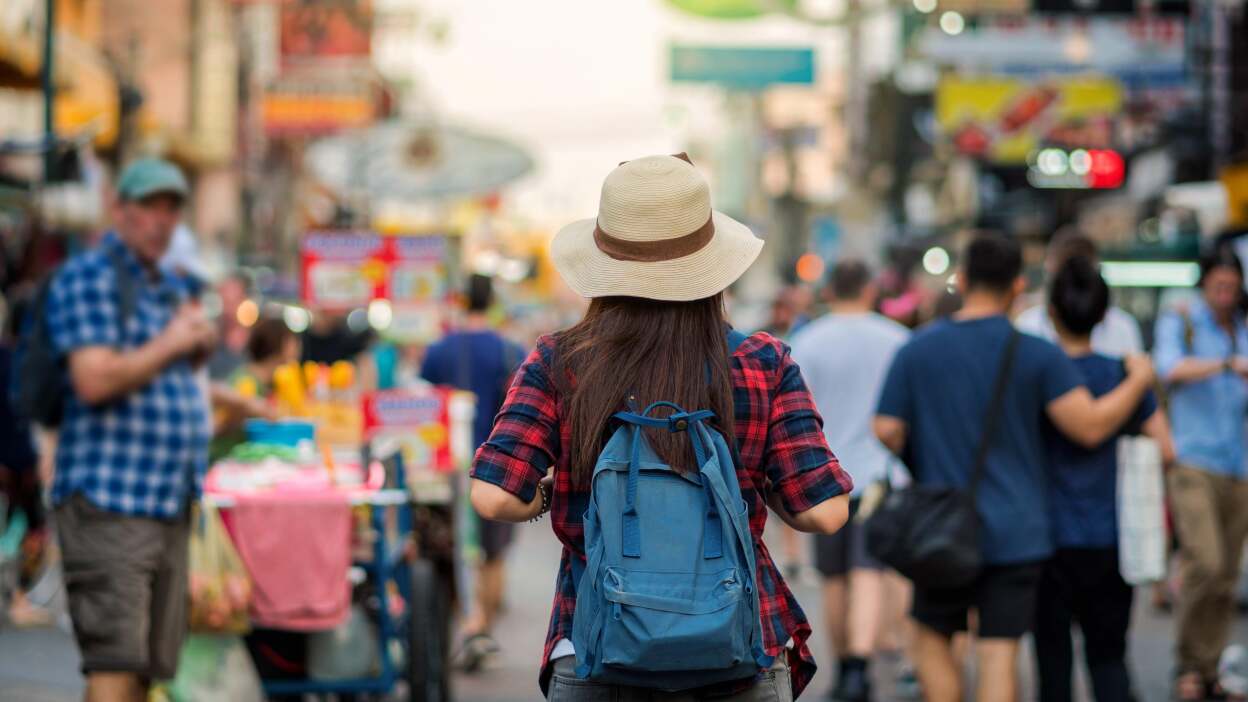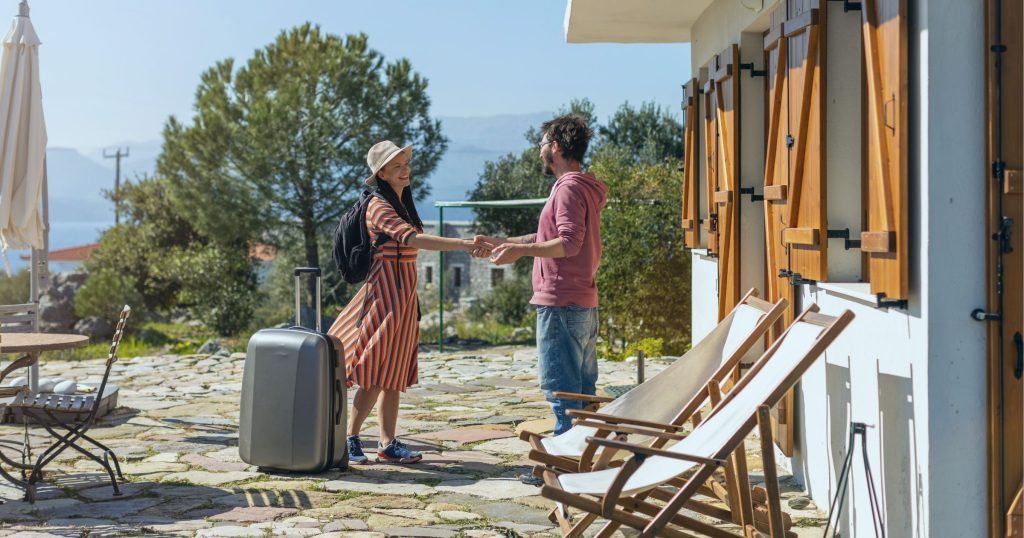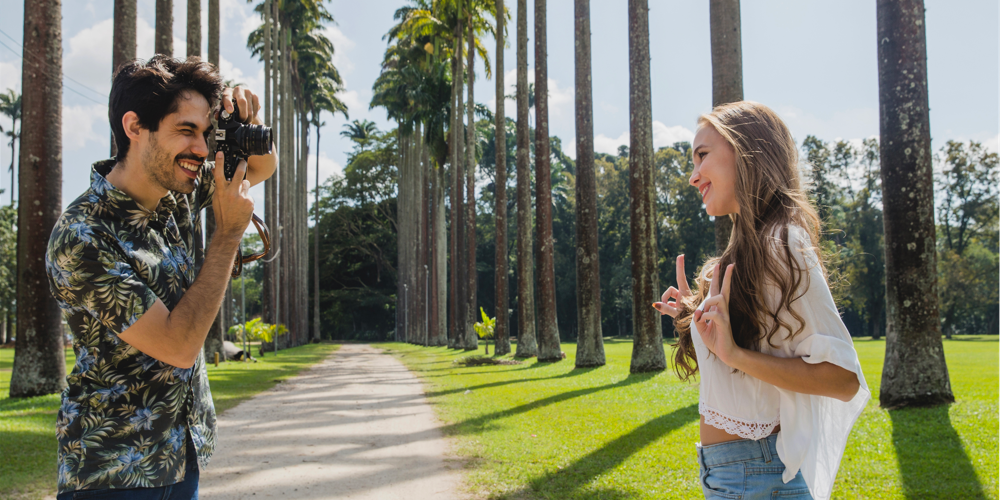
Traveling is more than just visiting new destinations or checking off famous landmarks from a list—it’s an opportunity to immerse yourself in the culture, traditions, and daily life of the people who call that place home. Experiencing local culture can transform a trip from a simple getaway into a meaningful, unforgettable journey. Here’s how you can truly connect with the essence of a destination.
1. Stay in Locally-Owned Accommodations

Instead of opting for large international hotel chains, choose locally-owned guesthouses, boutique hotels, or homestays. Staying with locals not only supports the community economically but also provides insight into daily life and local customs. Hosts often share personal stories, suggest hidden gems, or even invite guests to partake in traditional activities, giving travelers a genuine connection to the place.
2. Explore Local Cuisine
Food is one of the most vivid ways to experience culture. Visiting local markets, street food stalls, and neighborhood cafés allows travelers to taste authentic dishes that might not be found in tourist areas. Participating in cooking classes or food tours can deepen this experience, as you learn the ingredients, techniques, and history behind traditional meals. Engaging with local chefs or home cooks often opens doors to stories and traditions linked to the cuisine.
3. Learn the Language Basics
Even learning a few words or phrases in the local language can have a big impact. Greetings, thank-yous, or simple questions show respect and interest in the culture, often leading to friendlier interactions with locals. It also enhances your travel experience by allowing you to navigate markets, ask for directions, or participate in cultural activities more meaningfully. Language learning apps, phrasebooks, or brief classes before your trip can make a noticeable difference.
4. Attend Cultural Events and Festivals

Festivals, ceremonies, and community events provide unique opportunities to witness local traditions in action. Whether it’s a traditional dance, music performance, religious festival, or seasonal celebration, participating as an observer—or even as a willing participant—allows travelers to experience the rhythm and soul of the community. Checking local event calendars ahead of your trip ensures you don’t miss out on these cultural highlights.
5. Engage in Local Activities
Participating in daily or traditional activities gives a deeper understanding of local life. You could try artisanal workshops, such as pottery, weaving, or painting, or take part in agricultural practices like rice planting or harvesting, depending on the destination. Even simple activities like joining a local yoga class, fishing trip, or cooking session can provide meaningful cultural insights and memorable experiences.
6. Explore Beyond Tourist Areas
While famous landmarks are worth visiting, venturing off the beaten path is key to understanding local culture. Explore residential neighborhoods, small towns, and community spaces where locals live, work, and socialize. Walking through local markets, parks, and streets offers a more authentic perspective than sightseeing alone, allowing travelers to observe daily routines, architecture, and interactions that reflect the area’s cultural identity.
7. Interact Respectfully with Locals

Authentic cultural experiences often come through meaningful interactions with people. Approach conversations with curiosity and respect, asking about traditions, daily life, or personal stories. Be mindful of cultural norms, including dress codes, gestures, and etiquette. Showing genuine interest and respect for local customs fosters trust and can lead to more memorable and enriching experiences.
8. Take Part in Volunteer Opportunities
Volunteering while traveling can be a rewarding way to connect with a community. Whether assisting in schools, conservation projects, or local initiatives, volunteering allows travelers to contribute positively while gaining firsthand insight into social and cultural issues. These experiences often provide deeper connections than standard tourism and leave a lasting impact on both the traveler and the community.
9. Observe and Reflect
Finally, experiencing local culture is not only about active participation but also about observation. Take time to notice local lifestyles, traditions, architecture, and natural surroundings. Reflecting on these observations in a travel journal or through photography can help travelers process and appreciate the richness of the culture, making the journey more meaningful.
In conclusion, truly experiencing local culture while traveling requires curiosity, openness, and respect. By staying in local accommodations, savoring authentic cuisine, engaging with people, and participating in traditions, travelers can move beyond surface-level tourism and immerse themselves in the heart of a destination. These cultural encounters not only enhance your journey but also leave lasting memories that go far beyond souvenirs or photographs.
